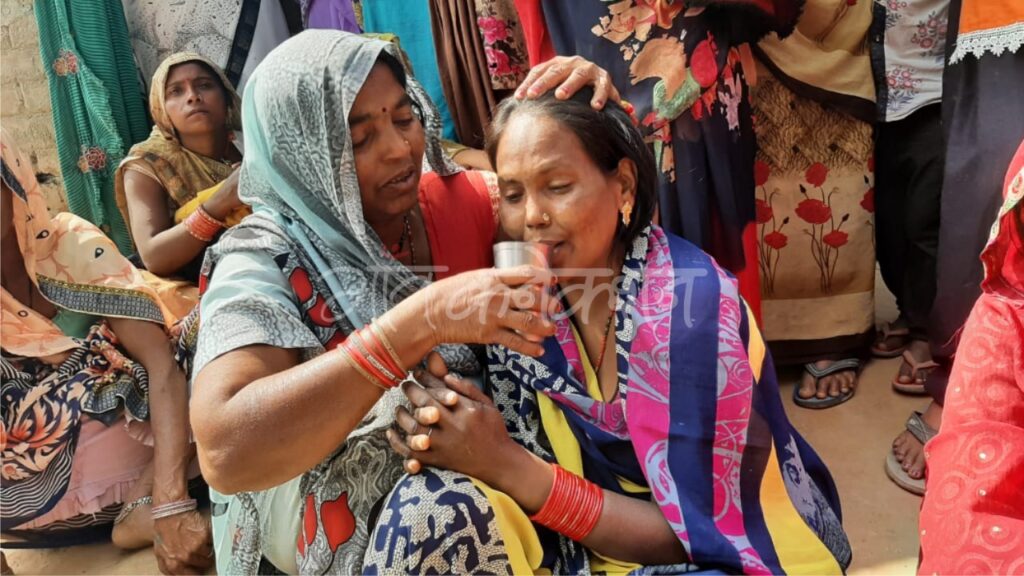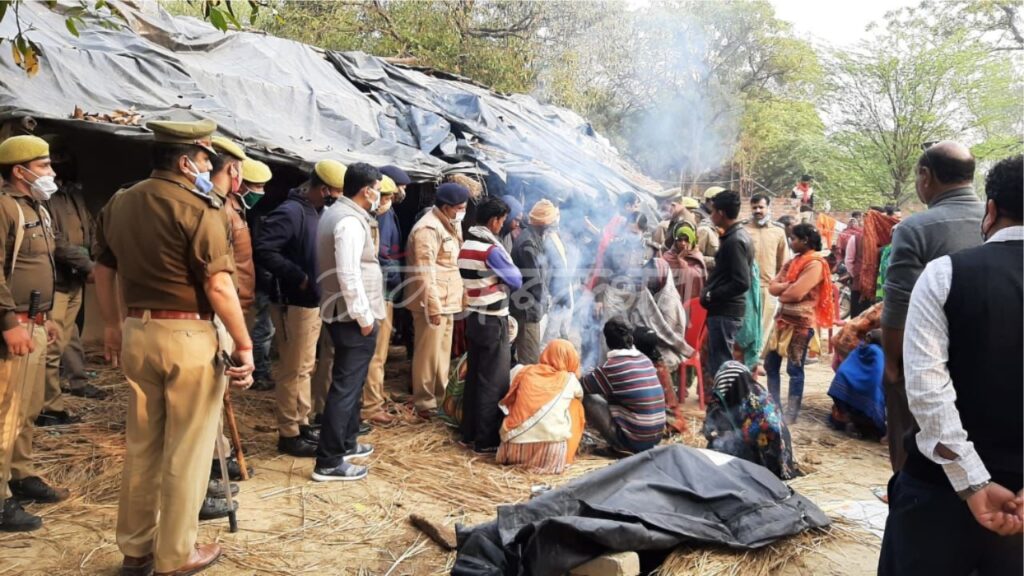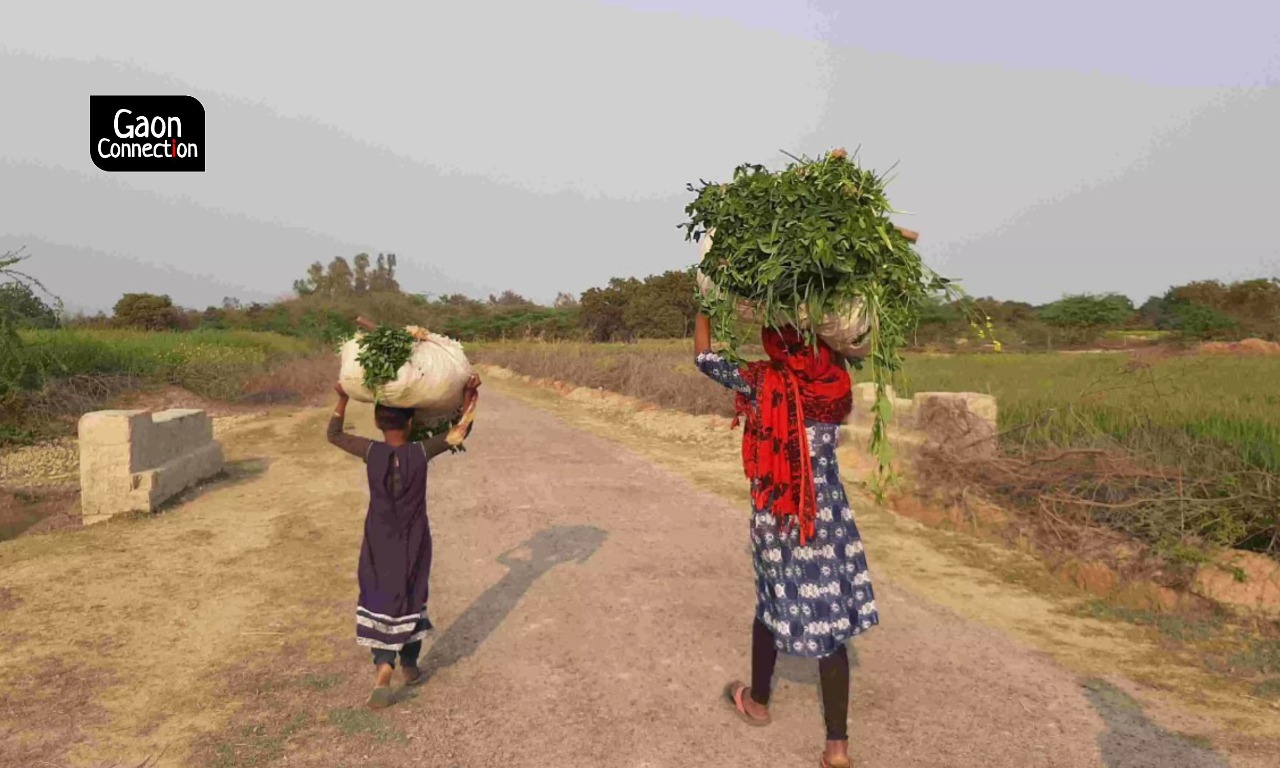On February 17, three Dalit girls were found unconscious in an field in Baburha village, in Unnao, Uttar Pradesh, 500 kilometres away from the state capital Lucknow. Two of the girls were declared ‘brought dead on arrival’ by the doctor at the community health center, while the third girl survived.
The main accused Vinay and his accomplice were arrested. They allegedly used a commonly-used weedicide to poison the three girls, two of whom died and the third barely survived. The incident has revealed how easy it is to procure dangerous substances in rural areas. Poisoning joins the long list of other ways of exploiting and harming Dalit women in the state.

The weedicide administered by the accused is Sulfosulfuron, widely used by farmers to get rid of weeds. Most rural homes that are engaged in agriculture will have them. The weedicide is administered within a month of sowing the wheat crop and costs no more than Rs 250-Rs 350 for an amount that is sufficient to weed 1.25 hectare of land.
“The water neither smelt nor appeared different, so we drank it without any suspicion,” the survivor who was treated in Kanpur recorded in her statement before the Judicial Magistrate. She is now back home.
The viscera report has also confirmed that it was Sulfosulfuron that poisoned the three girls, Anand Kulkarni, superintendent of police, Unnao, told Gaon Connection. “This poison doesn’t alter the colour of water or leave out any smell,” he reiterated.
थाना असोहा प्रकरण में विधिविज्ञान प्रयोगशाला से विसरा रिपोर्ट प्राप्त होने एवं अन्य विवेचनात्मक कार्यवाही के संदर्भ में पुलिस अधीक्षक उन्नाव द्वारा दी गई बाइट @Uppolice pic.twitter.com/XzkPzrZjVV
— UNNAO POLICE (@unnaopolice) February 24, 2021
No restrictions on sale of Sulfosulfuron
Indiscriminate and careless use of any chemical is dangerous, Daya Shankar Srivastava, crop safety scientist, Agriculture Science Centre, Sitapur-2 told Gaon Connection. “Sulfosulfuron is used to kill the weeds that grow alongside the crops in the field. Extreme caution should be employed in the use, sale, and storage of such a chemical. This has the potential to harm not only the farmers using it but also the environment at large,” he cautioned.
Crimes against Dalit women are not uncommon in Uttar Pradesh, or indeed in the rest of the country. And neither are the millions of women farmers in rural India. There are at least 60 million female farmers and agriculture labourers and though they are often referred to as the backbone of the country’s rural economy, they are rarely free from exploitation, usually sexual, in nature.

This time it was poison that was the choice of weapon. The poison used to kill the girls in Unnao is banned in the neighbouring Barabanki district. Gaon Connection’s Community Journalist Veerendra Kumar Singh investigated 10 chemical shops in Barabanki, and found the banned product was being sold in a few of the shops despite the ban.
“Any conclusive statement can be made only after a sample of the poison is studied,” AC Kulbe from the Indian Toxicological Research Center told Gaon Connection.
A senior government official from the agriculture department, in Lucknow, told Gaon Connection on the condition of anonymity that there was no restriction on buying this chemical. But it cannot be sold without a licence. He added that the people who have the license to sell are graduate degree holders in either Agriculture or Chemistry.


















